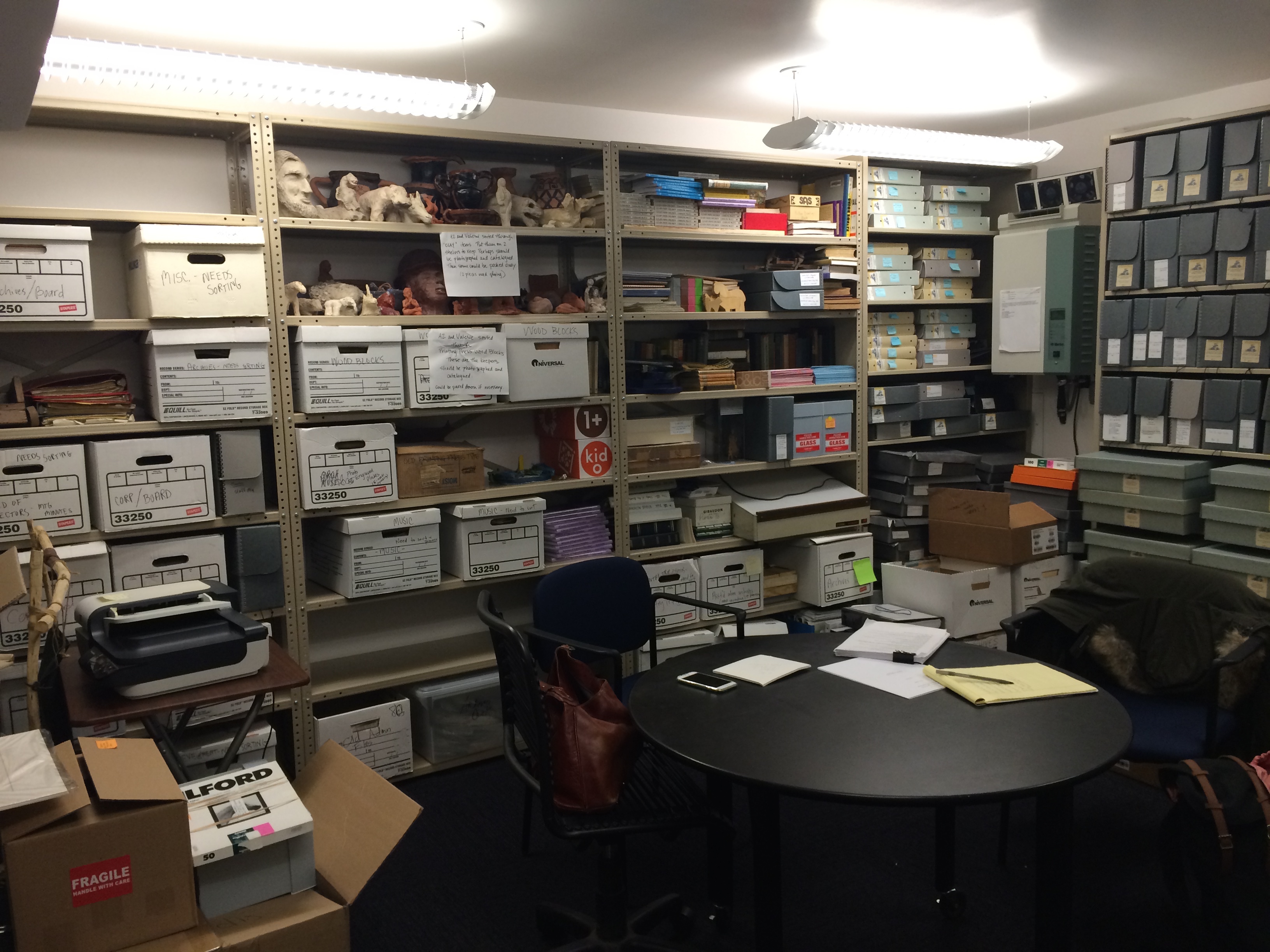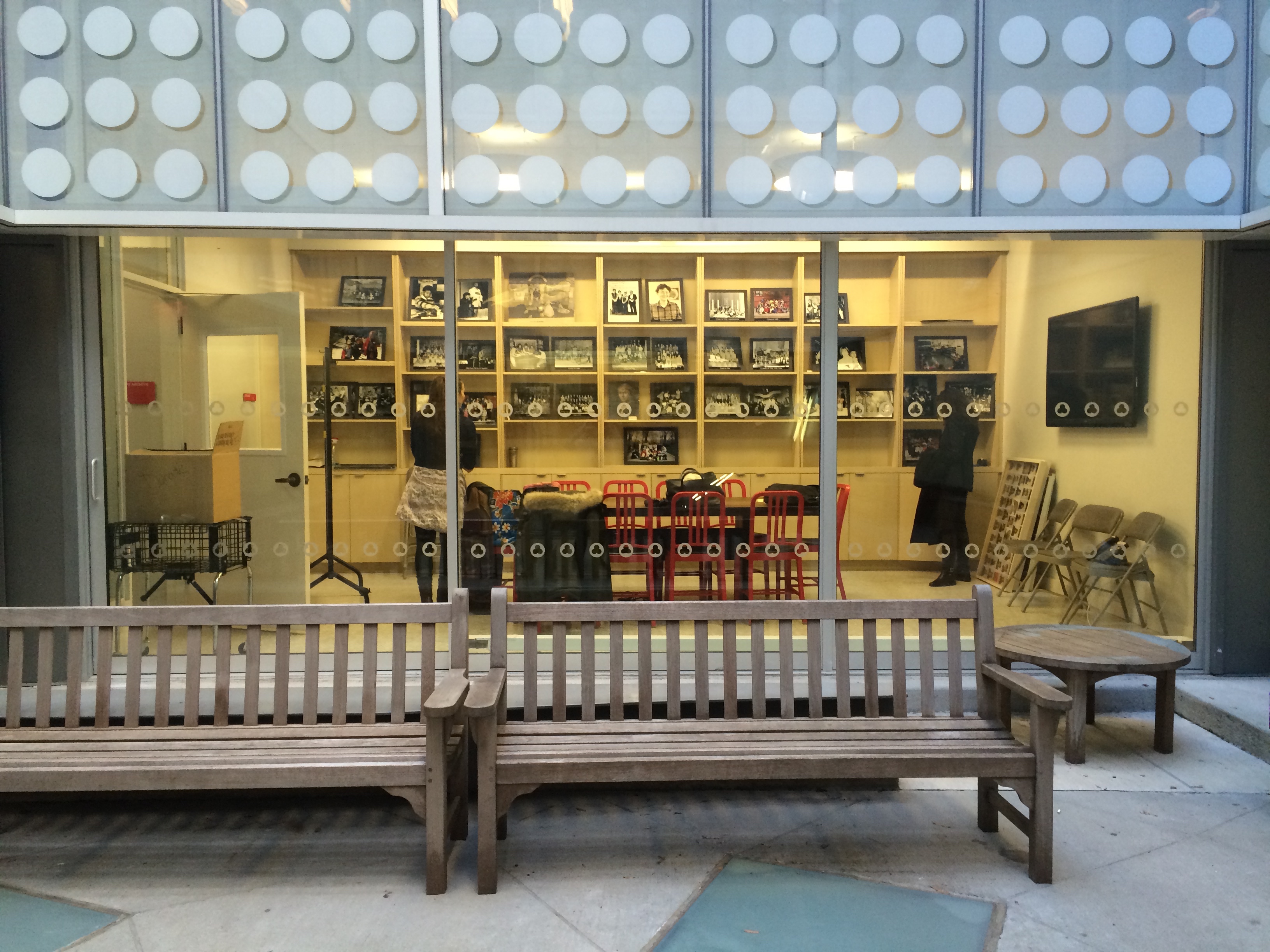
The following is a selection of submissions to the LREI Quarantine Time Capsule. Click on any image to enter slideshow mode. Be sure to scroll down to the bottom to access video and audio submissions, as well as instructions on how and what to submit.


Documents
*Young, Jade Interview with Chef Esther Choi
*Shearer, Ian ’25 Photo from P-Town
*Reif, Robin Dancing With My Daughter in the Middle of West 70th (essay), May 2020
Videos
Imogen Notaro LREI ’25 makes pizza in quarantine with her family, May 10, 2020
Puppet show Me vs. Covid 19, assignment for Ann’s art class, Alex Doctoroff, Fourth Grade, May 2020
Although we had to isolate and social distance, community was all around. Hanging out on the stoop once again became popular in Brooklyn. Denis Zaraya, parent of Joe LREI ’26, May 2020
Audio
Songs by Wyeth Zeff ’25, May 2020
“Their Best,” a song I wrote during this time that are centered around what’s going on in our world right now.
Say Their Names, Yukie Ohta, parent of Hanako ’26, May 2020
In late May, 2020, civil unrest and protests began as part of international responses to the murder of George Floyd, a 46-year-old African-American man who was killed by a police officer during an arrest in Minneapolis. I was unable to join these protests, so I recorded myself saying the names of some of the many victims of police brutality as my personal protest and gesture of solidarity with the hundreds of thousands who took to the streets around the world.
LREI Quarantine Time Capsule Submissions
We are living through a historic moment. People will be studying and learning about this moment in time for years to come. You have the power to shape history by contributing to the LREI Quarantine Time Capsule, a digital record of how we, as a community and as individuals, lived through the coronavirus pandemic.
The contents of this time capsule will answer these questions:
- How can we help the students of the future get as close as possible to the experiences we are having now?
- What is your everyday life like under quarantine?
- What extraordinary things happened to you or to others around you that would not have during ordinary times?
We are asking for submissions from all members of our community – students, faculty, parents, alumni, and friends.
You may, but are not required to, create something new for this time capsule. You can simply take a photo of what is on your desk or what you see outside your window, copy a recent poem you wrote, or share your go-to dinner recipe as your submission. Or you can make something that reflects your current experience in any way.
Your submissions can be, but are not limited to:
- Photographs
- Video
- Artwork (drawing, painting, collage, sculpture, etc.)
- Writing (journal, poem, story, etc.)
- Letter to your future self or to future LREI students
- Audio (song, Moth-type stories, etc.)
- Oral history interview (on your phone or via StoryCorps connect)
- Map (of your house, of your new, smaller world)
- Recipe (what is your quarantine comfort food?)
Important: Please make sure to include your name, the date, your grade or relationship to LREI, and a caption that explains your submission in as much detail as possible.
Your submissions will be kept in the LREI archives so that future students and other historians can learn about what happened during LREI@home.
If your submission will be an interview, you might want to consider using StoryCorps Connect, a remote recording App through which you can include your interview in the StoryCorps archive.
We also see this as an opportunity to connect as a community in the current moment. If you are comfortable with your submission(s) being shared in an online gallery visible to the LREI community, please indicate so when submitting.
Email submissions and questions to: timecapsule@lrei.org















































































